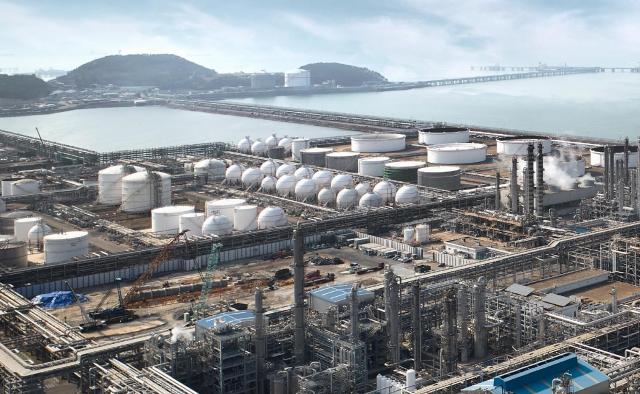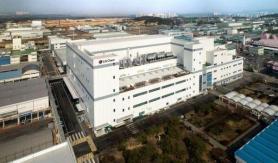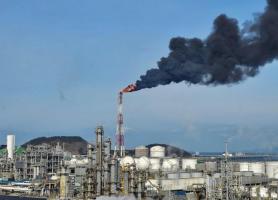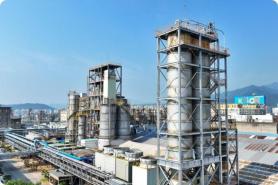
The plant, located in the coastal city of Seosan in South Chungcheong Province, is being developed by LG-Eni Biorefining, a joint venture between LG Chem and Italian energy company Eni. Completion is expected by 2027, the company said in a statement Monday.
Once operational, the facility will have the capacity to produce approximately 300,000 tons of HVO annually.
The renewable fuel — made by hydrogenating plant-based oils such as used cooking oil — is seen as a next-generation alternative to fossil fuels, offering significant reductions in greenhouse gas emissions while retaining high performance, especially in low temperatures.
In addition to its use as a diesel substitute, HVO can be further refined into sustainable aviation fuel, biodiesel, and bio-naphtha. The latter is an increasingly valuable raw material in the petrochemical industry, particularly for producing ethylene, a core building block in plastics and other materials.
LG Chem plans to integrate bio-naphtha into its existing product lines to expand its portfolio of environmentally certified goods. These include components for electronics, automotive parts, hygiene products, and sporting equipment — all of which are manufactured in compliance with international sustainability standards.
“This facility will serve as a critical foundation for our transition toward low-carbon, high-efficiency materials,” said Shin Hak-cheol, CEO of LG Chem. “We will continue to drive technological innovation and commercialization in eco-friendly fuels and biomaterials to strengthen our global competitiveness.”
The project builds on a strategic partnership announced in December 2024 between LG Chem and Enilive, a subsidiary of Eni. The Italian firm already operates HVO production sites in Italy with a combined annual capacity of 2 million tons and maintains extensive supply networks across Europe, Africa, and Asia.
Copyright ⓒ Aju Press All rights reserved.




